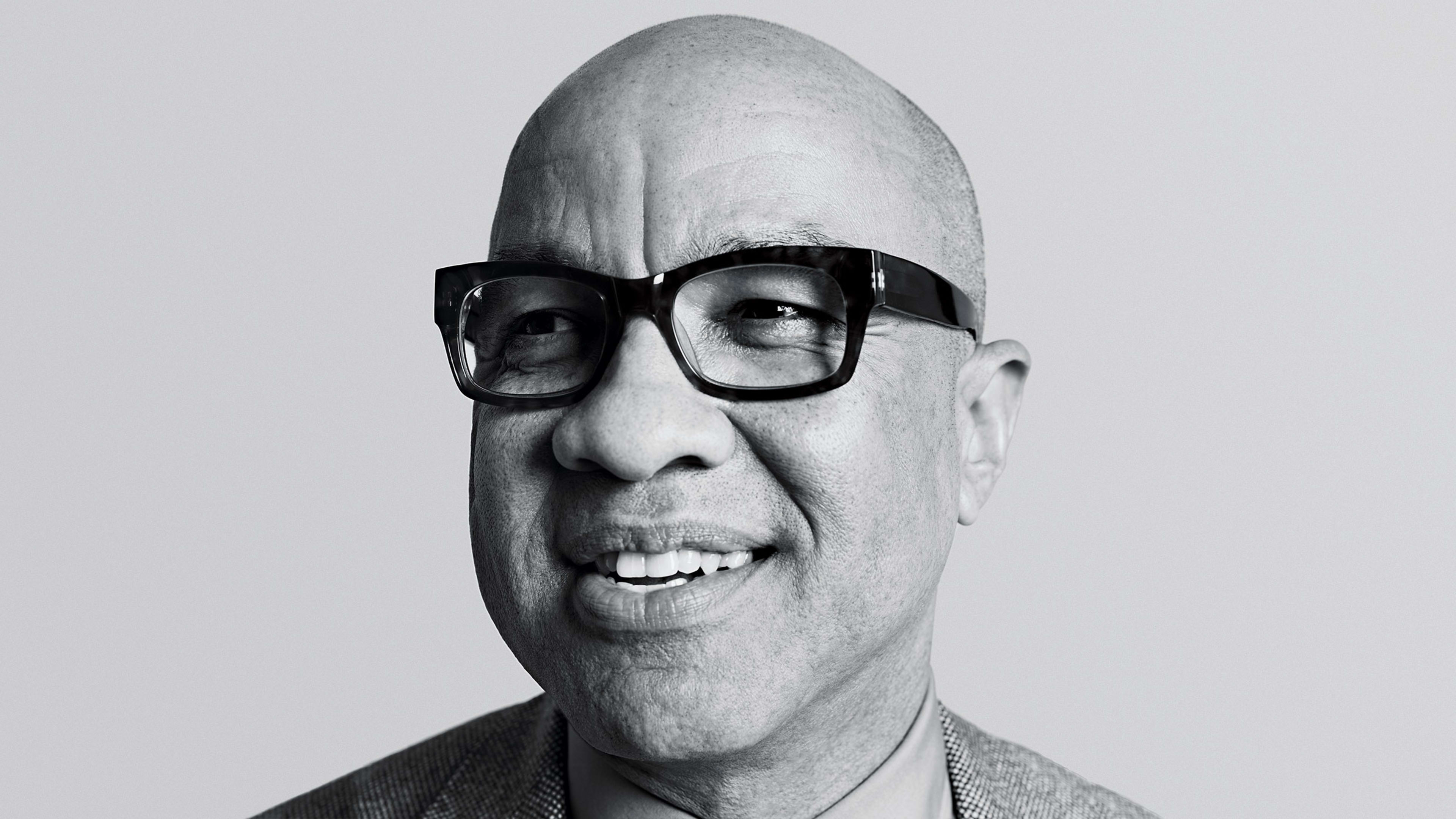Our economic system—once heralded for ensuring customer choice, stoking job creation and upward mobility, and sparking innovation—is failing us. The U.S., the paragon of capitalism, is experiencing crushing income inequality and struggling to provide affordable healthcare and childcare for working families as unprecedented climate change threatens even further disruption. As Darren Walker, president of the Ford Foundation, writes bluntly in this issue: “Capitalism is in crisis.”
Business leaders are worried too. We polled members of the Fast Company Impact Council, a cadre of founders and CEOs of fast-growing companies and innovative corporate executives, to assess the state of capitalism, and nearly a quarter of respondents agree with Walker’s statement that we need a major overhaul to better serve society. (For more on the Impact Council, see our coverage here.) In contrast, just 5% of Fortune 500 CEOs surveyed by Fortune magazine feel that the system needs an overhaul, though 71% do believe that capitalism “would benefit from some tweaking to better serve society.”
Some of you may be wondering why a business publication would question the state of capitalism—it is like we’re biting the hand that feeds us. Meanwhile, we have a U.S. president who fuels the notion that any critique of or debate on this topic is tantamount to disloyalty. But we’re not turning our back on capitalism. We’re examining its health because we think it can be made better, fairer, and more inclusive. And we’re not just diagnosing the problem: In our package on “The New Capitalism,” our journalists offer dozens of workable solutions, many in practice already, which preserve corporate profits and increase opportunity and wealth for employees, suppliers, customers, and citizens. Ryan Bradley’s story on New Belgium Brewery, for example, shows how employee ownership enhances accountability and focus on the bottom line. Jeff Beer’s interview with Patagonia founder Yvon Chouinard describes the apparel company’s commitment to regenerative farming, paying small farmers a premium to supply it with sustainably grown cotton.
The key to transforming capitalism is to find ways to expand and scale these solutions, and there is reason to be optimistic. We asked Walker, who runs one of the world’s largest charitable foundations, to write the opening essay for “The New Capitalism” precisely because he has begun to transform philanthropy, pushing the sector to address the causes of inequality and injustice instead of responding to problems with charitable contributions from the wealthy. (For a harsher take on so-called billionaire philanthropy, check out Ainsley Harris’s profile of Anand Giridharadas.)
Recognize your brand’s excellence by applying to this year’s Brands That Matter Awards before the early-rate deadline, May 3.
